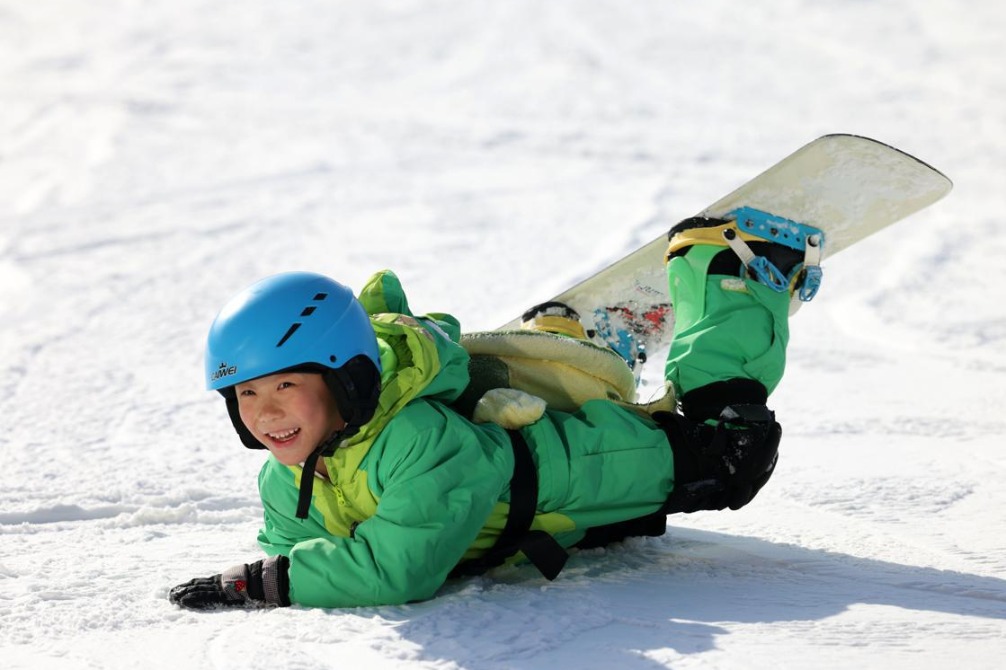The peak of his profession


Jinuo people attach great importance to education. According to Zheng, in 1984, when one village relocated, the first thing villagers did when they arrived at their new location was not to build houses to live, but classrooms for the children, so that they could go to school as usual. After that, they started to plan their new home.
Speaking about the focus of his research, Zheng says, "on the one hand, it is concentrated on recording their traditions, like their customs, daily activities and people's lives from birth to death. I made a very detailed study on such things and recorded them carefully.
"On the other hand, I have tried to figure out how this group develops, and how people's traditional lives can connect with the modern society, and what problems they face in the process," he adds.
Path to modernization
When Zheng first started visiting Jinuo villages, they were extremely impoverished and remote.
"In the past, people could only walk to their villages. It took me two to three days hiking on the mountain to reach some of them. People's lives at that time are hard to imagine today. They had almost no belongings at home," says Zheng.
- Study reveals thirdhand smoke as hidden indoor air pollutants
- Meeting held to mark China National Democratic Construction Association's 80th founding anniversary
- World's largest high-speed-rail tunneling machine passes 10,000 meters beneath Yangtze
- Alliance of Open Life Science expands global reach with new membership invitations
- Winter harvest keeps markets supplied in Linze, Gansu
- Wanfenglin's karst peaks wear ethereal winter veil in Guizhou





































